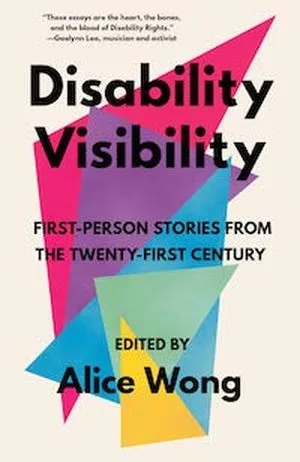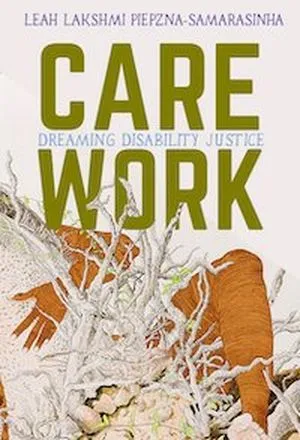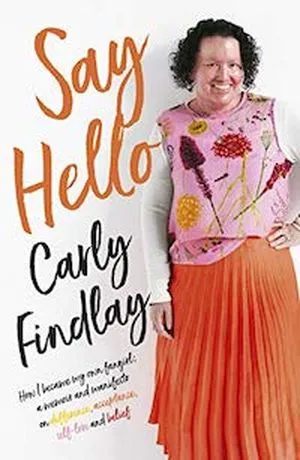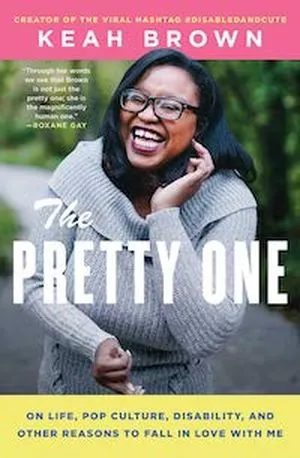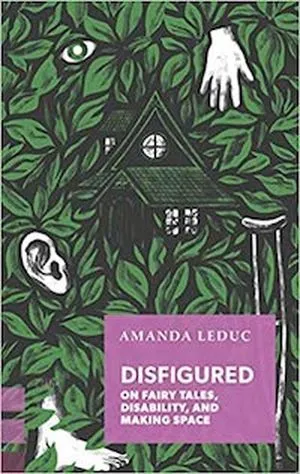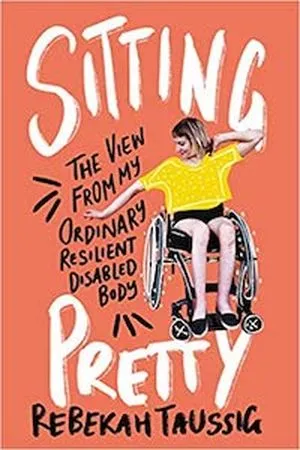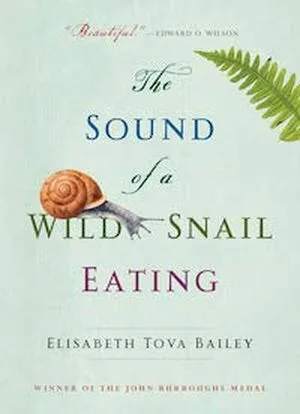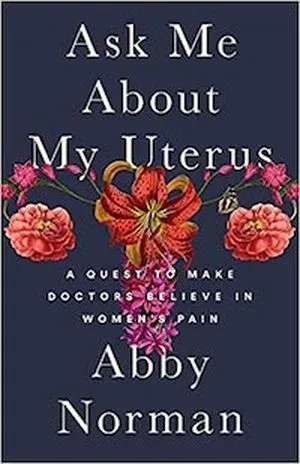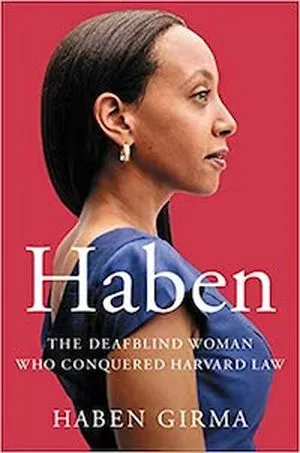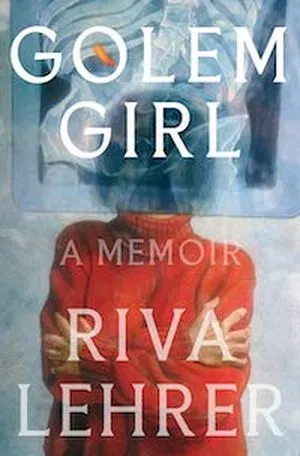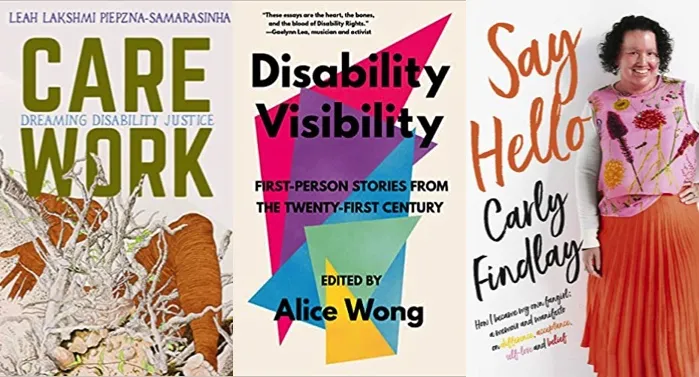
Read Harder: An Own Voices Book About Disability
When looking for books about disabled, chronically ill, Deaf, or neurodivergent authors, the results from any internet search can feel incredibly overwhelming. As a disabled person, I’m disheartened by how many of the popular books that come up in those searches are written by non-disabled people. It’s incredibly important that disabled people have the opportunity to tell their own stories. So here are ten books about disability written by disabled authors. And since it’s also important that these titles are accessible to as many people as possible, all of these titles are available in print, ebook, and audiobook formats.
Disability Visibility: First-Person Stories from the Twenty-First Century edited by Alice Wong
In this anthology, Alice Wong brings together disabled folks from a diverse group of backgrounds and experiences. These essays celebrate disabled people’s lives, showing the immense joy and resilience of our community. Featuring contributors with a wide range of disabilities, this anthology is also a great way to discover new-to-you disabled writers and creators.
Care Work: Dreaming Disability Justice by Leah Lakshmi Piepzna-Samarasinha
Perfect for readers who want a deep dive into disability studies, Care Work focuses on disability justice and how women and nonbinary folks of color have always been at the forefront of disability rights activism. Each essay looks at disability rights from a new angle, giving readers even more to think about as they move through the book. This is definitely a title to be savored.
Say Hello by Carly Findlay
Australian disability rights activist Carly Findlay shares her experience living with a genetic skin condition called Ichthyosis. Because of her condition, Findlay’s skin often appears red. When people see her facial difference, they often make rude remarks or ask invasive questions. This memoir is full of insight and wisdom Findlay has learned over the years, and stands in solidarity with other disabled people who may be experiencing the same things she has throughout her life.
The Pretty One: On Life, Pop Culture, Disability, and Other Reasons to Fall in Love With Me by Keah Brown
Queer, disabled icon Keah Brown made a name for herself when she started the #DisabledAndCute hashtag, taking the internet by storm. What started out as a simple idea became a movement, giving disabled people a glorious new way to celebrate our lives. In her memoir, Brown tells us what it was like growing up with cerebral palsy and how that formed how she became the woman she is today. While it doesn’t shy away from difficult topics, The Pretty One exudes joy in all the best ways.
Disfigured: On Fairy Tales, Disability, and Making Space by Amanda Leduc
In Disfigured, Amanda Leduc discusses the role that fairytales play in how society views people with bodily difference. From ugly witches to scarred villains, the media continuously portrays people with disfigurements as evil, causing immense harm to how people with bodily difference see themselves. Leduc’s analysis combines her personal experience with cerebral palsy and academic research, creating a beautiful blend that works perfectly with her topic.
Sitting Pretty: The View from My Ordinary Resilient Disabled Body by Rebekah Taussig
With a PhD in Creative Nonfiction and Disability studies, Rebekah Taussig uses her skills to write about her ordinary (female and disabled) body. In this memoir composed as a series of essays, Taussig writes about what it was like growing up as a paralyzed wheelchair user. She discusses media portrayals of disabled people and the problem with society’s love of inspiration porn.
The Sound of a Wild Snail Eating by Elisabeth Tova Bailey
The Sound of a Wild Snail Eating is perfect for nature lovers. When Tova Bailey falls ill with a mysterious illness, she finds herself confined to lying flat on her back for several months. One day a friend brings a plant into her apartment, and Bailey discovers a snail has made a home for itself in the pot. This book is a blend of ruminations about her feelings on being chronically ill with beautiful nature writing about the mysterious life of snails.
Ask Me About My Uterus: A Quest to Make Doctors Believe in Women’s Pain by Abby Norman
Emancipated from her parents as a teenager, Abby Norman finds herself on her own trying to discover the cause of a mysterious illness. After being diagnosed with endometriosis, Norman thinks she’s finally getting somewhere, but she quickly realizes that her journey to get her health and well-being taken seriously has just begun.
Haben: The Deafblind Woman Who Conquered Harvard Law by Haben Girma
Our ableist society continuously underestimates members of the disability community, but Haben Girma destroys any notion that she isn’t capable by pursuing her passion and attending one of the best law schools in the country. Girma describes her experience attending and graduating from Harvard, giving readers a glimpse into her life and the accommodations she uses everyday. Girma continues to advocate for accessibility for the Deafblind community, which you can learn more about over on her Instagram page.
Golem Girl by Riva Lehrer
Growing up with spina bifida, artist Riva Lehrer absorbed the ableist assumptions of society that she was useless and broken. But when she discovers a group of artists who celebrate their disabilities, she finds joy in who she is for the first time. In this gorgeous memoir, Golem Girl examines what it means to struggle with your identity as a disabled person and how her art provided a way for self acceptance.



